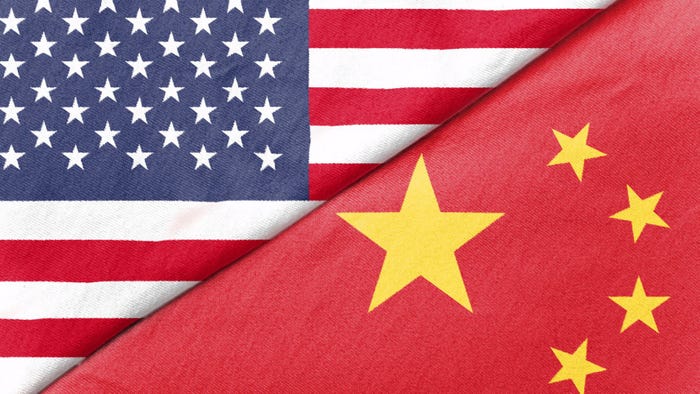Sam Altman and OpenAI: Old Lessons Made New
Observations by the adjunct professor of management at Wharton's Executive Education program who has advised senior leaders at companies undergoing change
November 30, 2023

The recent chaos at OpenAI, in which the board unceremoniously fired and quickly rehired its CEO Sam Altman, calls to mind numerous well-tested maxims about organizations:
1. Beware of overreliance on the chain of command or formal authority.
Leadership comes down to a relationship. Leaders lead at the discretion of their followers. People opt into those relationships and to varying degrees. Some comply, some commit, some wait, some resist, some rebel. In the end, any leader depends on the commitment of followers, especially in the most challenging of times. Fragging is a thing, for instance. So too is inspired commitment that makes for inspired work and deep connections, connections that make fragging all but impossible and firing at best difficult — at least not without firing the team and not just the ‘coach.’
2. Look up first.
Significant and persistent patterns in organizational behavior often reflect dynamics at the top of the organization. A millimeter of misalignment at the top easily generates a kilometer at the bottom; the organizational levels amplifying the ‘message,’ intended or not, from the top. To say that the confusion and conflict beginning with OpenAI’s organization and board structure compounded as it played out through the organization would notably understate what has already appeared in the press.
3. Succession merits careful deliberation … if at all possible.
I have helped in designing and have had a ringside seat for over a dozen CEO transitions - and some multiple of that for C-suite transitions; I have helped design best practice guided transitions, some spanning well over a year. I have also seen impromptu (and downright rushed) board-initiated firings, sometimes warranted and yet still impulsive and producing extensive and unnecessary primary and collateral damage.
4. Clarity matters.
Clarity of purpose
For OpenAI, how much does money matter now? How much does any larger purpose, such as the safe use and evolution of AI matter, if at all, or is the purpose now, largely, even overwhelmingly, financial return of investment? What standard is there to use and in what mixture? How can it design the organization appropriately?
Confusion of organization often reflects confusion of purpose. Confusion stems from, even precipitates, organizational complexity. For example, having multiple sales channels is manageable, but it complicates organizational functioning. If that complexity follows from a desire to sidestep key issues regarding organizational purpose, then the complexity increases, serving as a surrogate for underlying issues such as power, relative importance of contribution (by business or by people), and resource allocation.
Managing organizational complexity well requires conscious, collaborative and ongoing attention, including attending to developing and maintaining strong working relationships grounded in shared purpose.
Clarity of power
Unresolved power dynamics magnify and intensify dynamics amidst any lack of clarity. This reality argues for care and patience in conducting leadership transitions, whenever possible. Who has the power? What rules guide its use? Whose face accompanies it?
Confusion about power, its location, rules regarding application, and the trust in the humanness of its user promotes turmoil and unrest. People become restless in the face of ambiguity about what matters to them − and power and its use matters to most members of any organization. Under such circumstances, people turn away from structure and look for security within trusted relationships.
New skin but old wine. To date, the unfolding case of Sam Altman and OpenAI provides valuable reminders of longstanding, pertinent and poignant lessons.
About the Author(s)
You May Also Like





.jpg?width=300&auto=webp&quality=80&disable=upscale)
.jpg?width=300&auto=webp&quality=80&disable=upscale)
.jpg?width=300&auto=webp&quality=80&disable=upscale)

.jpg?width=300&auto=webp&quality=80&disable=upscale)